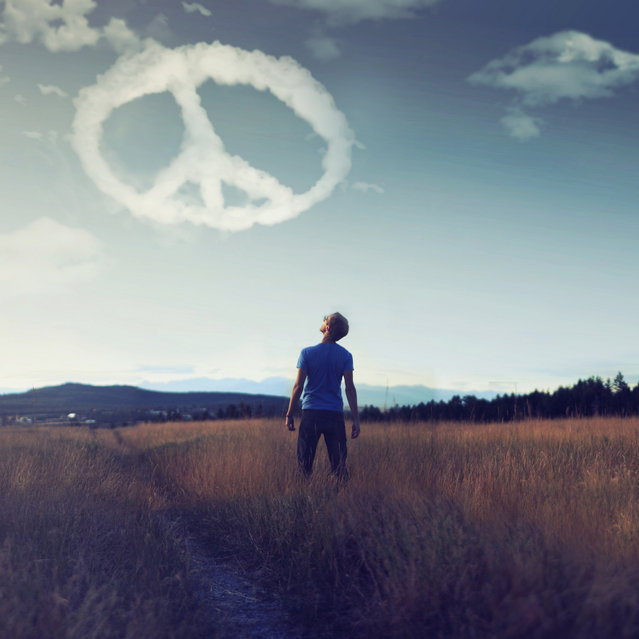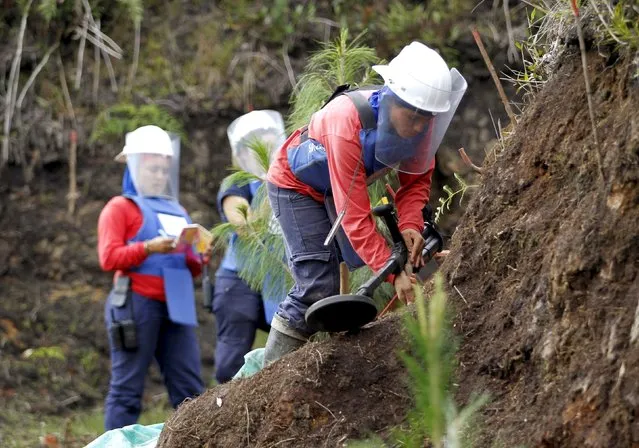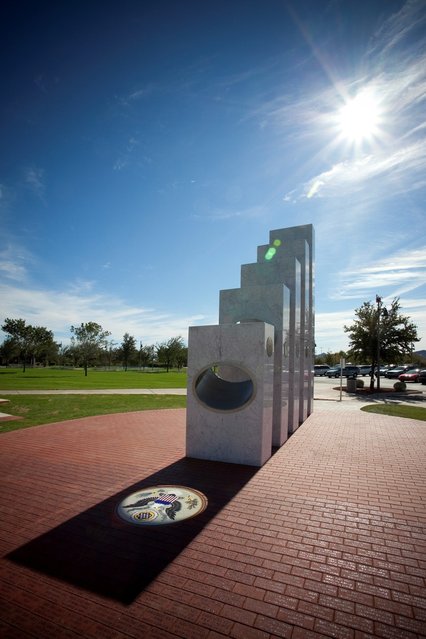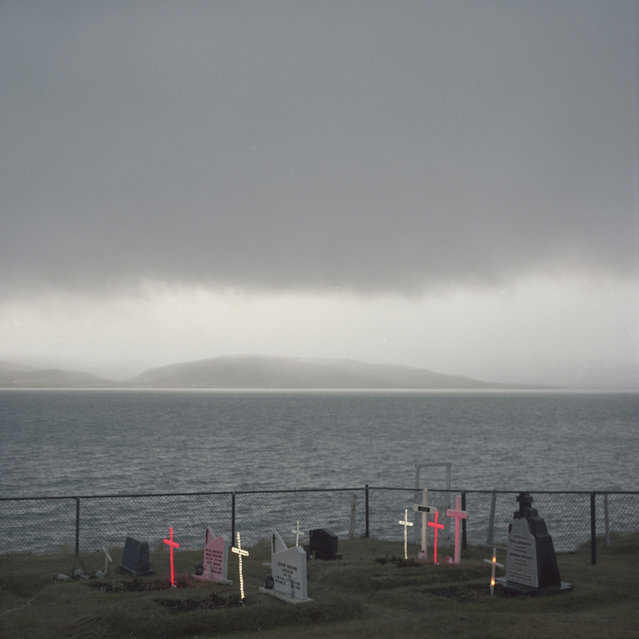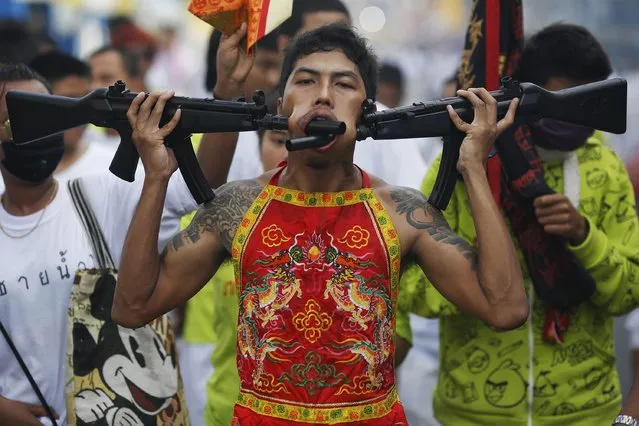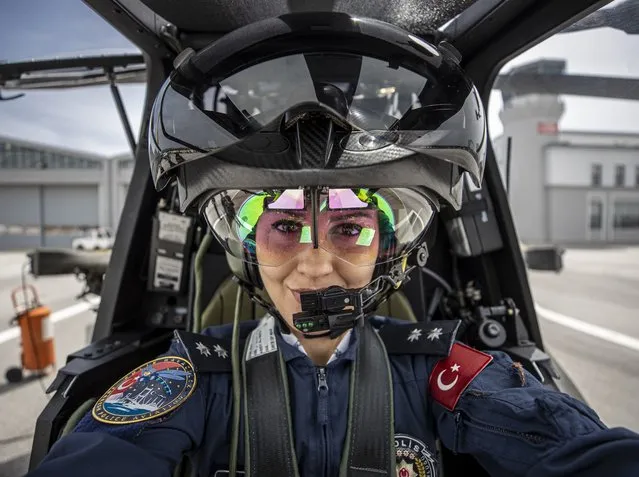
Art Brokerage specializes in the original paintings of Anne Bachelier. B. 1949 - Anne Bachelier - Metamorphosis, transition, and evolution provide the common threads of the art of Anne Bachelier. The artist captivates her audience with compelling, highly imaginative images that are distinct, unique, inventive and immediately recognizable. Her metaphysical, dream-like fantasies evoke feelings simultaneously powerful, peaceful, and protective. This unique "other" world, untouched by time or place reminds the viewer of the eternal dance of transformation and regeneration.
09 Mar 2015 10:50:00,post received
0 comments

